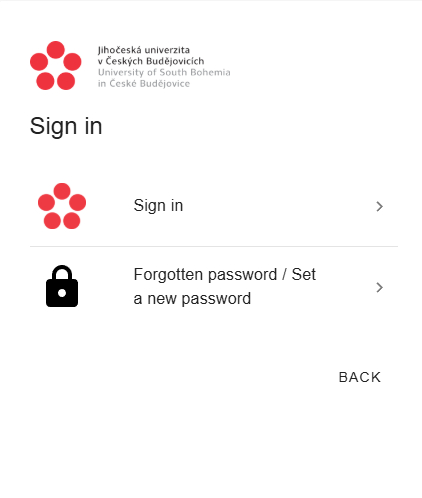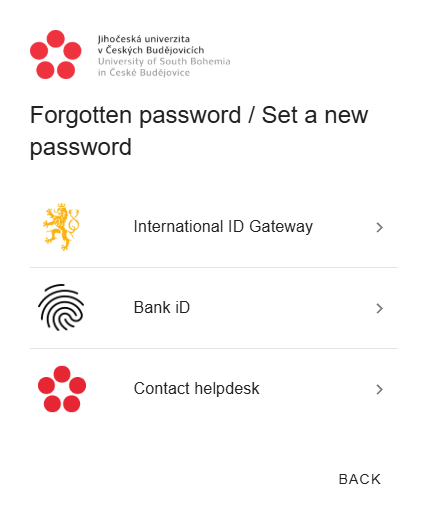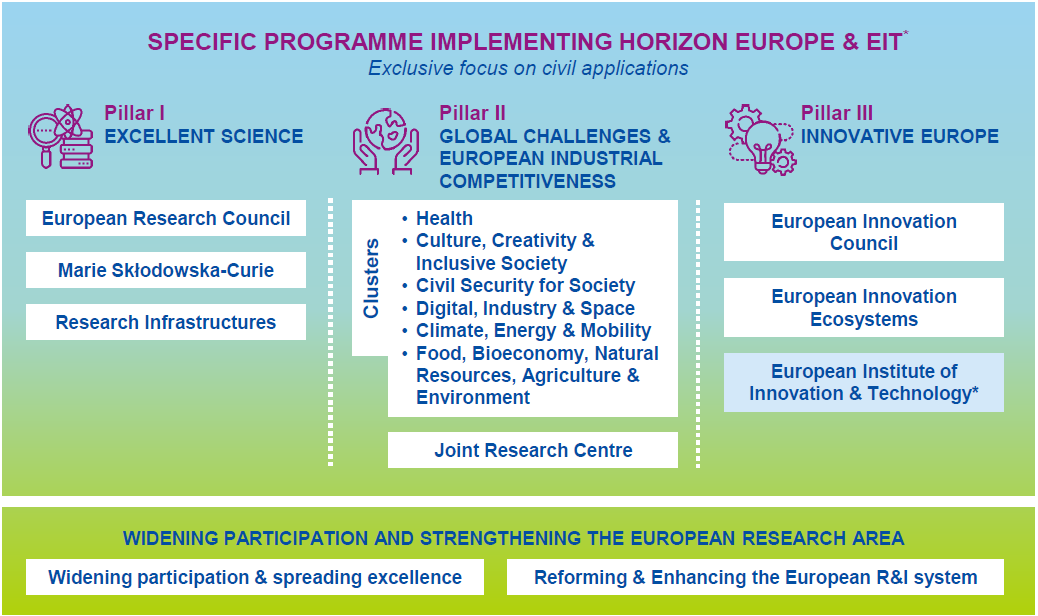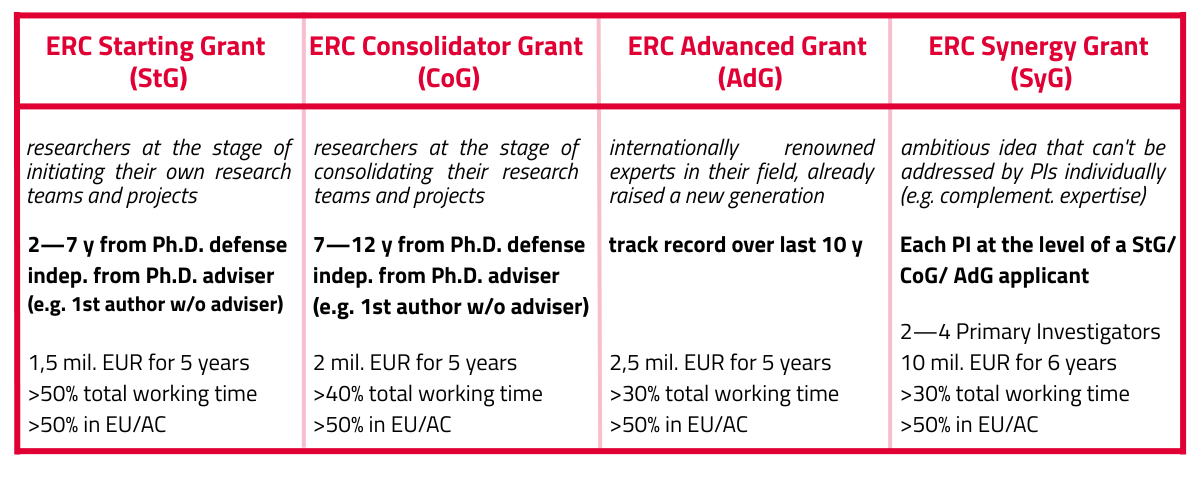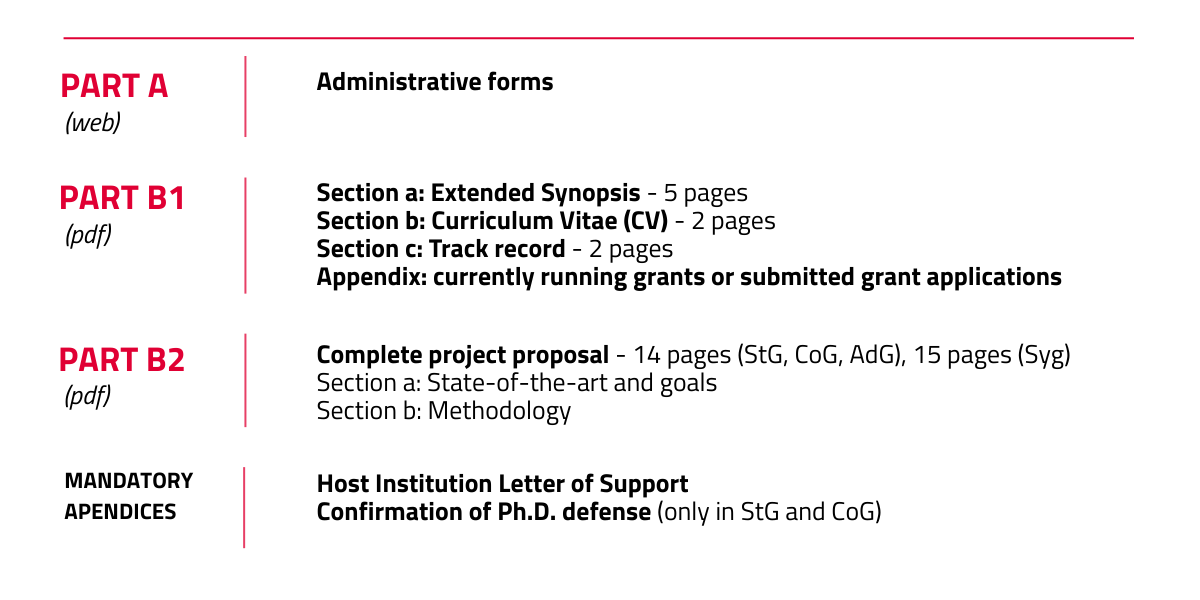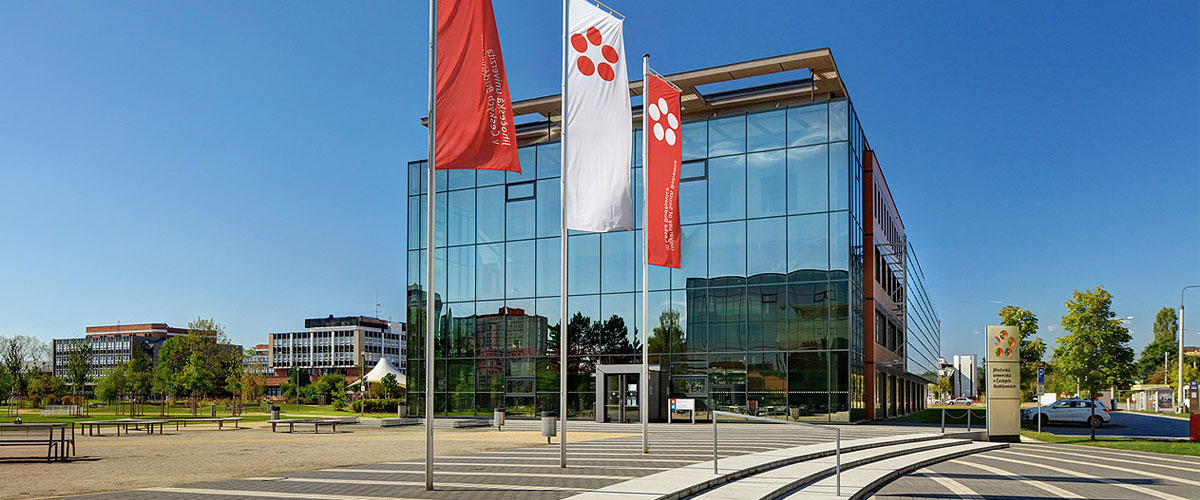Marie Skłodowska-Curie Actions are best known for supporting researchers’ skill development in early stages of their careers. A successful MSCA grant can also be a stepping stone to a future ERC grant. However, individual research fellowships are not the only thing MSCA offers.
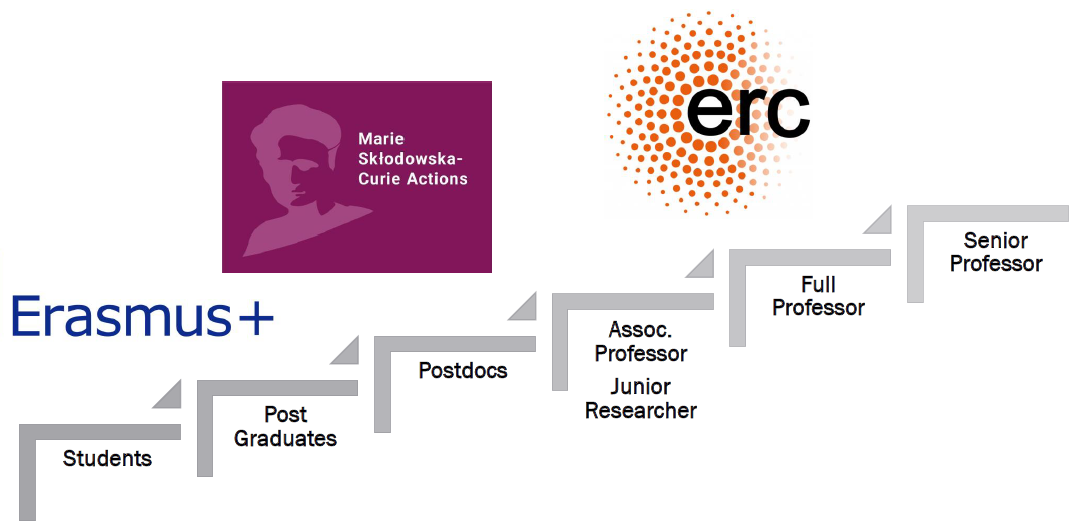 Content source: Technology Center CAS
Content source: Technology Center CAS
Postdoctoral Fellowships
An individual grant for postdoctoral researchers to travel abroad for the purposes of acquiring new skills and advancing their research career. The two types of postdoc fellowships are: European Postdoctoral Fellowship, where the host institution is located in the EU or an associated country, and Global Postdoctoral Fellowship, where a stay in a third country is followed by a year-long return to an institution in the EU or an associated country.
In addition to individual researchers, research institutions can also apply for MSCA PF, provided they publicly recruit for the position after receiving the grant. Current offers for Ph.D. and postdoctoral positions funded by European grants can be found on the Euraxess website.
If the host institution is located in a WIDENING country, there is additional funding for applications that reach the 85% mark, but do not rank high enough to receive funding. In order to be considered for the additional funding, be sure to check the appropriate box in the online application.
The MSCA PF deadline comes around once a year, currently set for 10 September 2025.
Eligibility Criteria:
- A Ph.D. degree and a maximum of 8 years of postdoctoral research experience (extension possible in case of parental leave, unemployment periods, etc.)
- The host institution resides in a country where the applicant has not spent more than 12 months in the last 36 months
- The host institution has sufficient capacity to supervise the project
- The fellowship lasts from 12 to 24 months
- A mobility and living allowance (i.e., salary) is provided as a fixed amount, with the possibility of an additional family allowance
- In the case of a Global Fellowship, the applicant is required to return for an additional year to an institution in the EU or an associated country, so that they can bring their newly acquired skills back to Europe
How to apply:
- Read through the specifics of the fellowship
- Download the application for the current year (after logging in to the EU Funding and Tenders Portal, in the “Submit” step)
- Identify the skills you wish to gain or develop
- Identify a suitable host institution (and possibly a supervisor) aligned with these goals
- When searching for an institution, rely not only on your own contacts but also on the contacts of your contacts
- Prepare the project proposal together with the host institution
- Use the support and services of the Technology Centre in Prague
- Don’t forget to inform your dean and project office that you are applying for the fellowship
Staff Exchanges
Short-term international and interdisciplinary exchange stays for employees who in any capacity contribute to research activities (e.g., project managers, lab technicians, etc.). The goal is to share best practices and skills across institutions, disciplines, and sectors.
The MSCA SE call is open once a year, currently set for September 8, 2025.
Criteria:
- Exchange stays last from one month to one year
- The outgoing employee receives a travel, accommodation and subsistence top-up allowance, while the home institution continues to pay their salary
- Exchanges take place within a consortium consisting of at least three institutions from three different EU or associated countries
- In addition to this minimum, institutions from any other country can also be included
- In a case when all institutions are from the same sector (e.g., academia), at least one institution has to be in a third non-associated
More detailed information about MSCA Staff Exchanges can be found here.
MSCA & Citizens
The aim of MSCA & Citizens is to bring research and researchers closer to the public at large and increase their awareness of the current state of research and innovation. For this purpose, MSCA & Citizens funds the organisation of two consecutive European Researchers’ Nights and the ‘Researchers at School’ initiative, which brings researchers to schools and in direct contact with teachers and pupils.
The proposal can be submitted by an individual institution or a consortium.
The current MSCA & Citizens deadline is set to 22 October 2025.
More detailed information about MSCA & Citizens can be found here.
